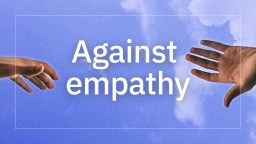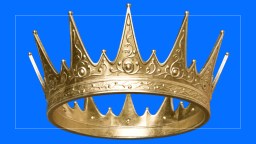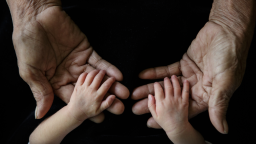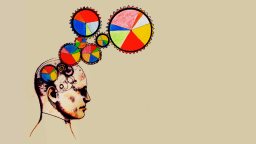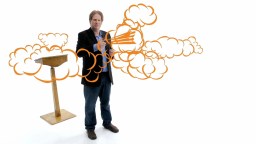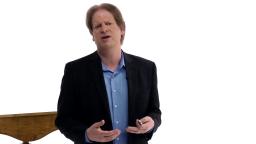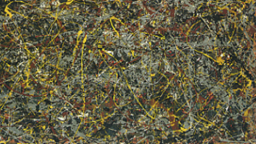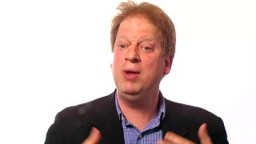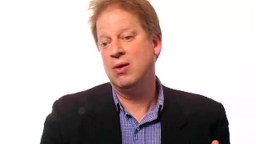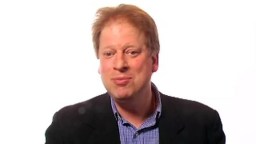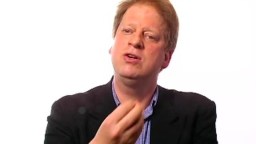Paul Bloom
Professor of Psychology
Paul Bloom is the Brooks and Suzanne Ragen Professor of Psychology at Yale University. An internationally recognized expert on the psychology of child development, social reasoning, and morality, he has won numerous awards for his research, writing, and teaching. Bloom’s previous books include Just Babies: The Origins of Good and Evil and How Pleasure Works: The New Science of Why We Like What We Like, and he has written for Science, Nature, The New York Times, and The New Yorker.
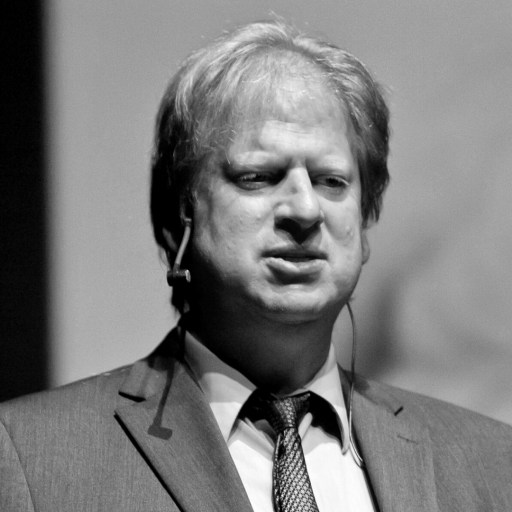
Not an empathetic person? Here’s why that might be a good thing.
▸
5 min
—
with
We evolved to be kind – and die for others.
▸
4 min
—
with
Kids don’t always make you happier. Here’s why people have them anyway.
▸
5 min
—
with
There are two kinds of suffering. One is pure pain. The other makes life worth living.
▸
6 min
—
with
Yale psychologist Paul Bloom has views on empathy, emotion, and rationality that make him a black sheep among his peers.
▸
4 min
—
with
Oasis had it right: stop crying your heart out. Psychologist Paul Bloom argues that empathy may be working against our best interests, and that compassion may be a better strategy.
▸
8 min
—
with
Empathy moves us, but it may move us to make an unethical decision. Conversely, says Bloom, dehumanization is not the ultimate evil we typically assume it to be.
▸
5 min
—
with
The ranking of empathy from highest to lowest goes liberals, conservatives, libertarians. But the difference is minor, says Paul Bloom. Typically the debate isn’t all over whether or not to empathize – it’s over who to empathize with.
▸
5 min
—
with
Through the case studies of compassion, racism, and sex, Dr. Bloom explores the intrinsic fundamentals of human nature.
▸
48 min
—
with
What does primate pornography tell us about human nature?
▸
2 min
—
with
So much of the action in psychology has been a running debate over which view is right.
▸
2 min
—
with
Paul Bloom has researched everything from religion and moral reasoning to children’s understanding of fiction and art. What’s the most unusual project he’s working on now?
▸
2 min
—
with
Paul Bloom argues that human pleasure is “deep”—that is, rooted in what we see as the essence of objects and people.
▸
6 min
—
with
What abilities do our brains lose after childhood? Developmental psychologist Paul Bloom explains.
▸
2 min
—
with
What explains the universal human love of fiction, even horror fiction? Paul Bloom believes it’s an evolved preference that helped our ancestors survive a variety of real-world scenarios.
▸
6 min
—
with
Children’s appreciation of art and artistic intent is far more sophisticated than psychologists once believed. In fact, we may all start out as little Pollocks.
▸
4 min
—
with
Recent experiments suggest that triggering humans’ disgust instinct can alter their moral reasoning about everything from homosexuality to war.
▸
4 min
—
with
Psychologist Paul Bloom believes we are not one inner self but many. How does this affect our concepts of identity and morality?
▸
6 min
—
with
According to Paul Bloom, many religious notions arise out of innate features of our brains, including the tendency to “see consciousness all over.”
▸
5 min
—
with
Psychologist and father Paul Bloom studies early childhood development. How does he meet the challenges of working with young kids?
▸
2 min
—
with
